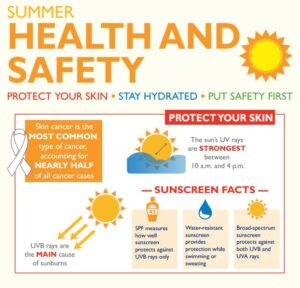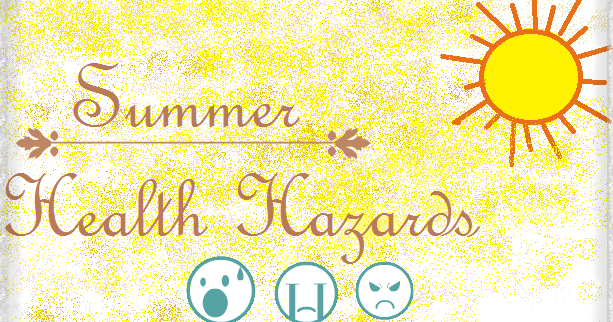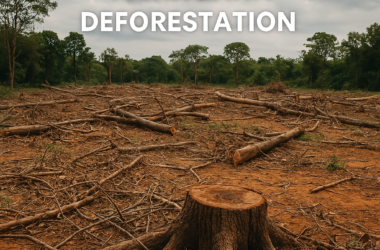As the temperatures continue to rise globally, the summer of 2024 brings with it not only sweltering heat but also a host of health hazards exacerbated by climate change. From heat-related illnesses to the proliferation of vector-borne diseases, the consequences of global warming on public health are becoming increasingly evident. In this blog post, we delve into the various health hazards that individuals may face during the summer of 2024 due to the impacts of climate change.
Rising Temperatures and Heat-Related Illnesses
The most immediate and palpable health hazard associated with global warming during the summer months is the increased risk of heat-related illnesses. With temperatures soaring to record highs, individuals are at greater risk of heat exhaustion, heatstroke, and dehydration. Prolonged exposure to high temperatures can lead to a range of symptoms, including dizziness, nausea, rapid heartbeat, and in severe cases, organ failure. Vulnerable populations such as the elderly, children, pregnant women, and individuals with pre-existing medical conditions are particularly susceptible to heat-related illnesses. As the mercury continues to climb, it is crucial for individuals to stay hydrated, seek shade, and limit outdoor activities during peak heat hours to mitigate the risk of heat-related health complications.

Vector-Borne Diseases on the Rise
In addition to the direct impacts of heat, global warming is also contributing to the spread of vector-borne diseases during the summer months. Warmer temperatures create favorable conditions for the proliferation of disease-carrying vectors such as mosquitoes and ticks, leading to an increase in the transmission of diseases such as dengue fever, malaria, Zika virus, and Lyme disease. As temperatures rise, these vectors expand their geographical range, putting previously unaffected regions at risk. Furthermore, changes in precipitation patterns and humidity levels can create breeding grounds for mosquitoes, further exacerbating the spread of mosquito-borne illnesses. To combat the rise of vector-borne diseases, public health interventions such as mosquito control measures, vaccination campaigns, and community outreach programs are essential to protect vulnerable populations and mitigate the impact of climate change on public health.

Air Pollution and Respiratory Health
Another significant health hazard exacerbated by global warming during the summer of 2024 is air pollution, which poses serious risks to respiratory health. Higher temperatures and increased humidity levels contribute to the formation of ground-level ozone and other air pollutants, exacerbating respiratory conditions such as asthma, chronic obstructive pulmonary disease (COPD), and bronchitis. Prolonged exposure to air pollution can also increase the risk of cardiovascular diseases, stroke, and lung cancer. As heatwaves become more frequent and intense, the combination of high temperatures and poor air quality poses a dual threat to public health, particularly in urban areas where air pollution levels are already elevated. Effective measures to reduce emissions, improve air quality, and promote respiratory health are essential to mitigate the health impacts of air pollution exacerbated by climate change.

Taking Action to Protect Public Health
As we confront the health hazards of summer 2024 exacerbated by global warming, it is imperative that we take proactive measures to protect public health and mitigate the impacts of climate change. From staying hydrated and seeking shade to implementing mosquito control measures and reducing emissions, individuals, communities, and governments all have a role to play in addressing the health risks associated with rising temperatures and extreme weather events. By adopting sustainable practices, investing in public health infrastructure, and promoting climate resilience, we can safeguard the health and well-being of current and future generations in the face of a changing climate. Together, let us prioritize public health and take decisive action to confront the challenges posed by global warming in the summer of 2024 and beyond.
Utpal Khot
Copyright © Utpal K
1. If you share this post, please give due credit to the author Utpal Khot
2. Please DO NOT PLAGIARIZE. Please DO NOT Cut/Copy/Paste this post
© Utpal K., all rights reserved.
Copyright Notice: No part of this Blog may be reproduced or utilized in any form or by any means, electronic or mechanical including photocopying or by any information storage and retrieval system, without permission in writing from the Blog Author Utpal Khot who holds the copyright.





